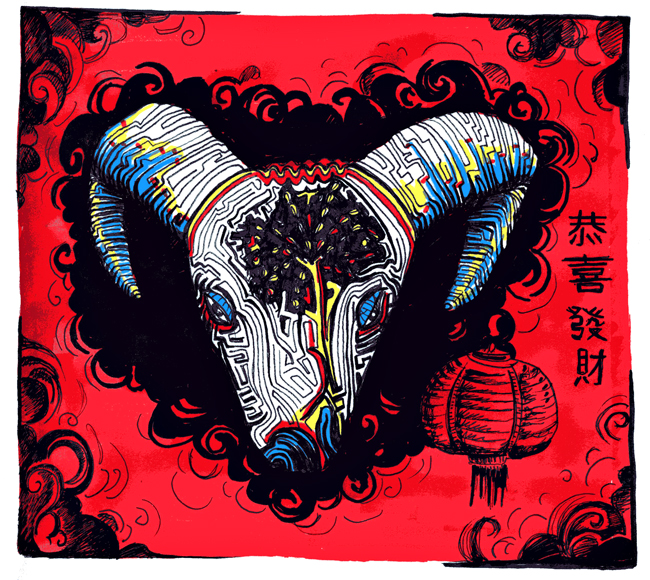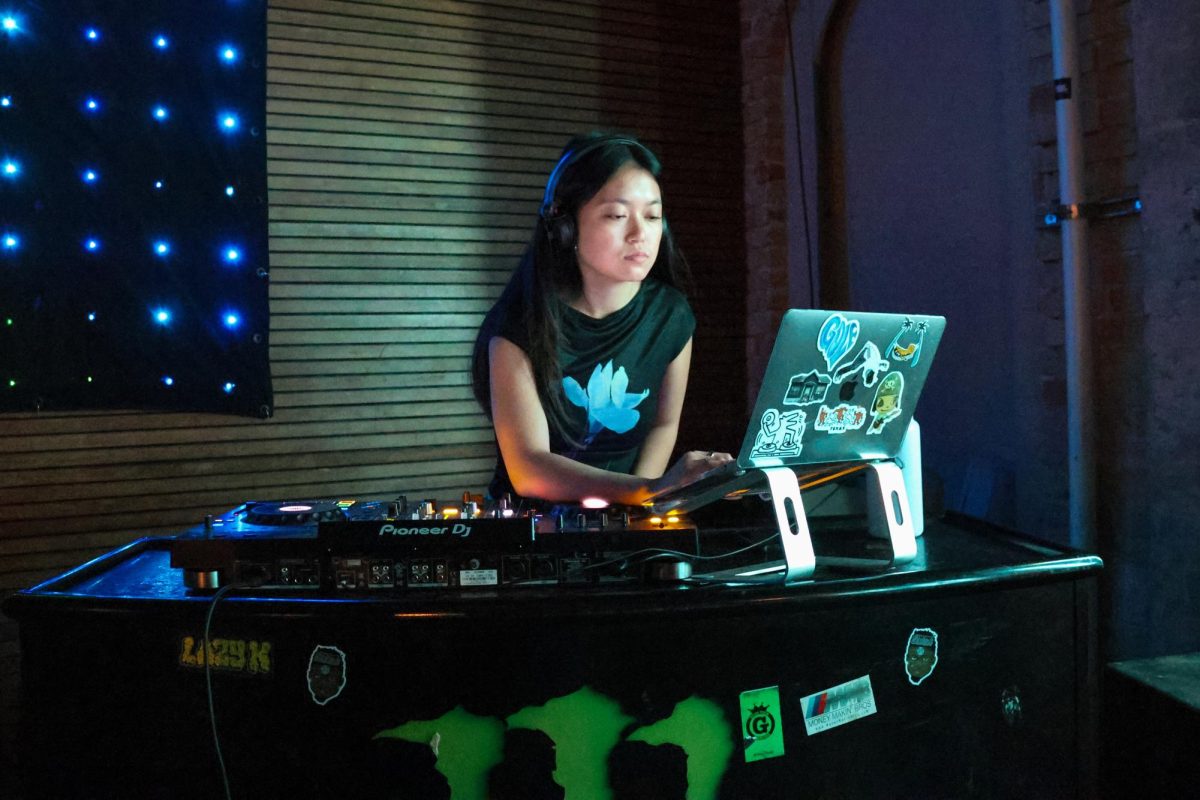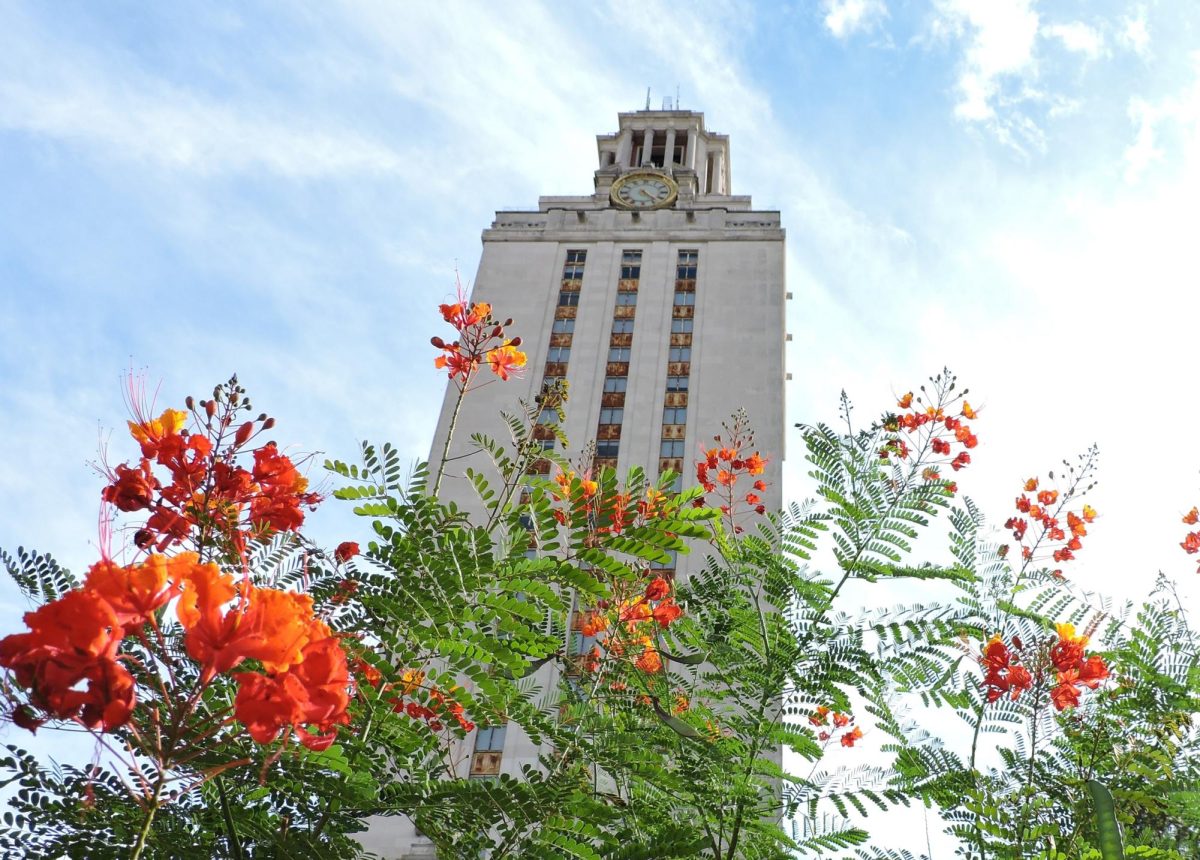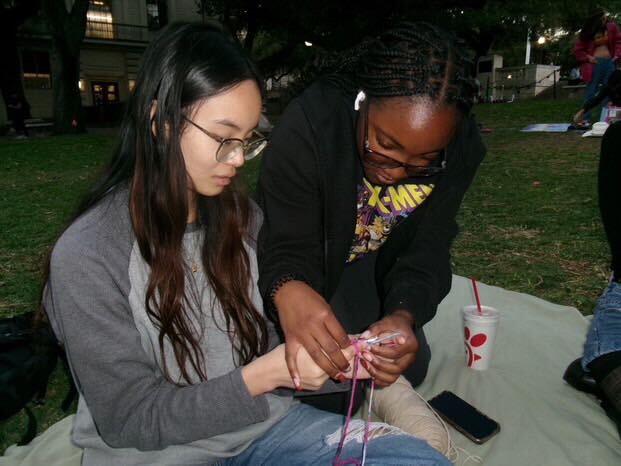Flashy headbands, excessive alcohol and the live stream of the Times Square ball drop kicked off 2015, but roughly 20 percent of the world’s population is getting ready to welcome the new year again.
Chinese New Year, also referred to as the Spring Festival or Lunar New Year, is one of the most celebrated holidays in China and Chinese-populated countries. Based off the Chinese lunar calendar, Chinese New Year falls between Jan. 21 and Feb. 19.
The date of the Lunar New Year varies based on the moon cycle. The first new moon of the year begins the celebration. When a full moon appears 15 days later, the celebration comes to a close.
Each year features a different animal sign from the Chinese zodiac’s 12 different animals. The animal sign of a person’s year of birth — which cycles around every 12 years — is often said to determine personality types, love matches, fortunes, strengths and weaknesses. This new year will be the Year of the Sheep, and celebrations begin Thursday. People begin cleaning the house, wearing bright red — a color that symbolizes good fortune — and greeting family and friends with “Gong Xi Fa Cai.”
For many people, such as aerospace engineering sophomore Kaixi Wang, Chinese New Year means spending time with extended family.
“All my relatives get together,” Wang said. “The moms cook a lot of food, and we just have a good time.”
Dumplings and many traditional foods consumed throughout the 15 days of celebration are symbolic. The names of popular festival dishes often have double meanings or prosperous connotations. Dumplings resemble gold coins, a symbol of wealth. Noodles are served long and uncut, predicting a lengthy life.
Business freshman Johnny Shiao said, for his family, Chinese New Year means celebrating a number of family traditions.
“We make dumplings,” Shiao said. “And we go outside to look at the giant moon.”
Every year, China Central Television broadcasts the New Year’s Gala — an annual performance event featuring songs, dances, skits and acrobatics. Business freshman Kelly Wu said watching the gala is one of her family’s traditions.
“It’s kind of like watching the ball drop,” Wu said. “It’s really similar to an American New Year’s celebration.”
The Texas Dragon/Lion Dance Team, a traditional lion dance group, of which Wu is a member, has a number of performances scheduled for Chinese New Year.
“We get really busy during this time because we get a lot of requests [for performances],” Wu said. “This year, since we have a performance on New Year’s Day at a restaurant. It’s going to be really fun.”
Wu said she will miss celebrating Chinese New Year with her relatives but is spending the holiday with her other family.
“Since I’m not going home, I’m celebrating [Chinese New Year] through my dance team,” Wu said. “I feel as if each time we’re invited to [perform at] festivals and celebrations and parties, it’s kind of like a mini celebration itself.”


















